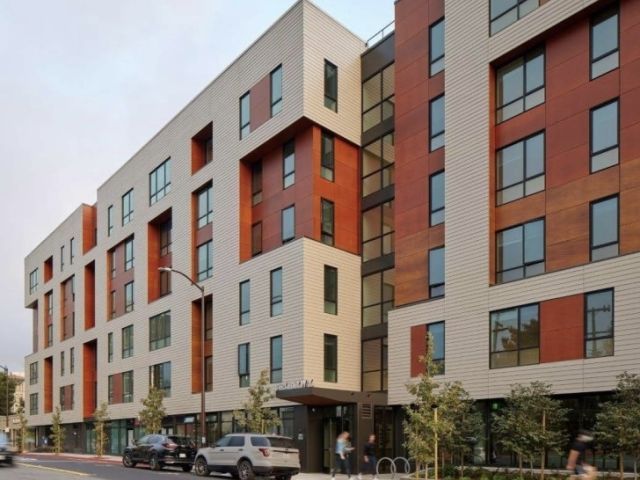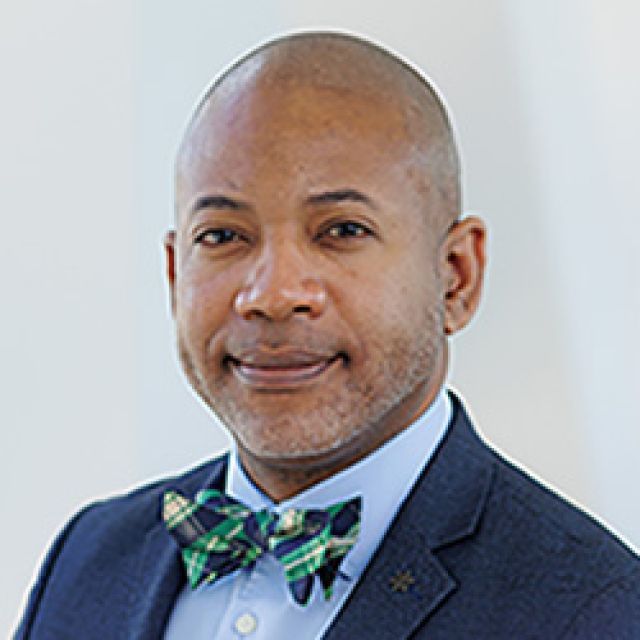
We deliver solutions and advocate for policies that ensure the most vulnerable residents have access to opportunity. With nonprofit, public and private partners and funders, we create more inclusive and equitable neighborhoods. We’ve helped create or preserve over 49,200 affordable homes by leveraging over $5.3 billion in capital across the region.
Some of our key programs include:
- Sustainable Connected Communities: Supports place-based capacity-building for more racially equitable and inclusive neighborhoods
- Vulnerable populations: Preserves existing and creates new affordable homes connected to services
- Small medium multifamily housing: Supports Black, Indigenous and people of color rental property owners to keep private, unsubsidized rental homes affordable
- Capital solutions: Provides flexible acquisition, predevelopment and moderate rehabilitation for affordable housing developers
- State and local policy: Advocates for equitable production and preservation of affordable homes and upward mobility
- Advocacy and systems change: Supports policy, advocacy and programmatic work needed to meet the needs of low-income families and individuals


